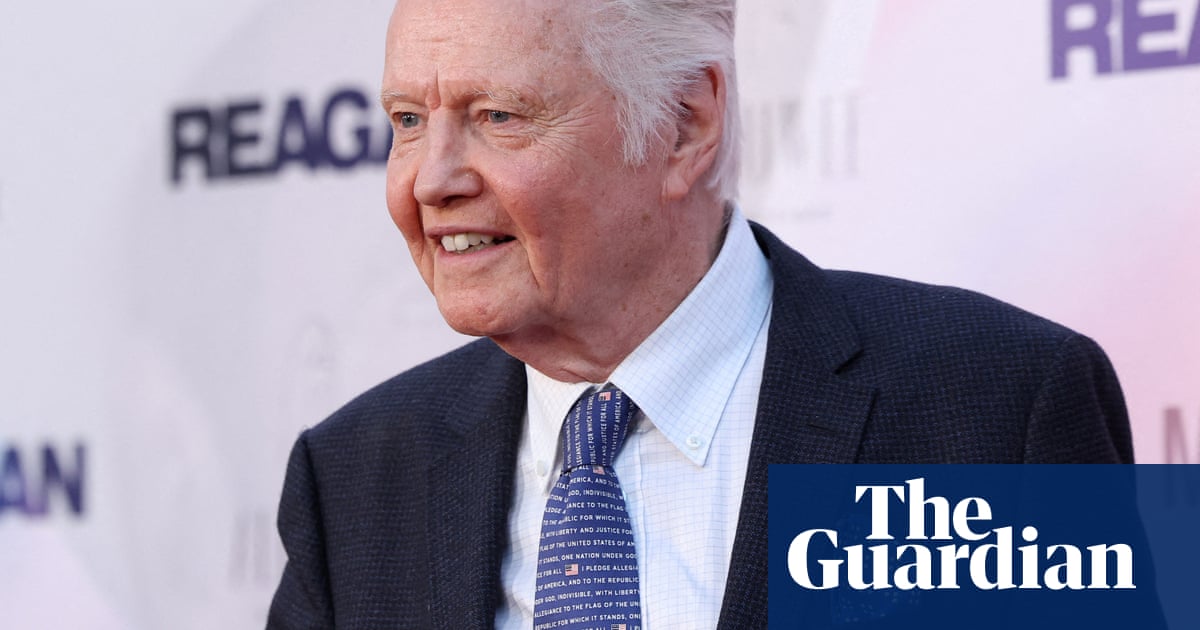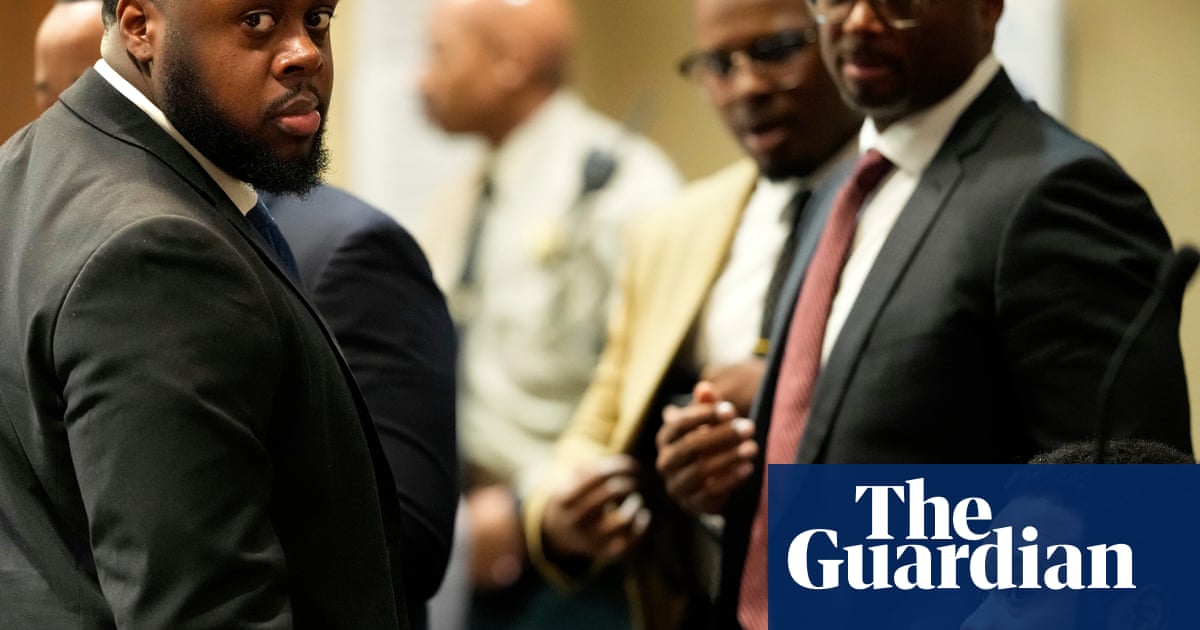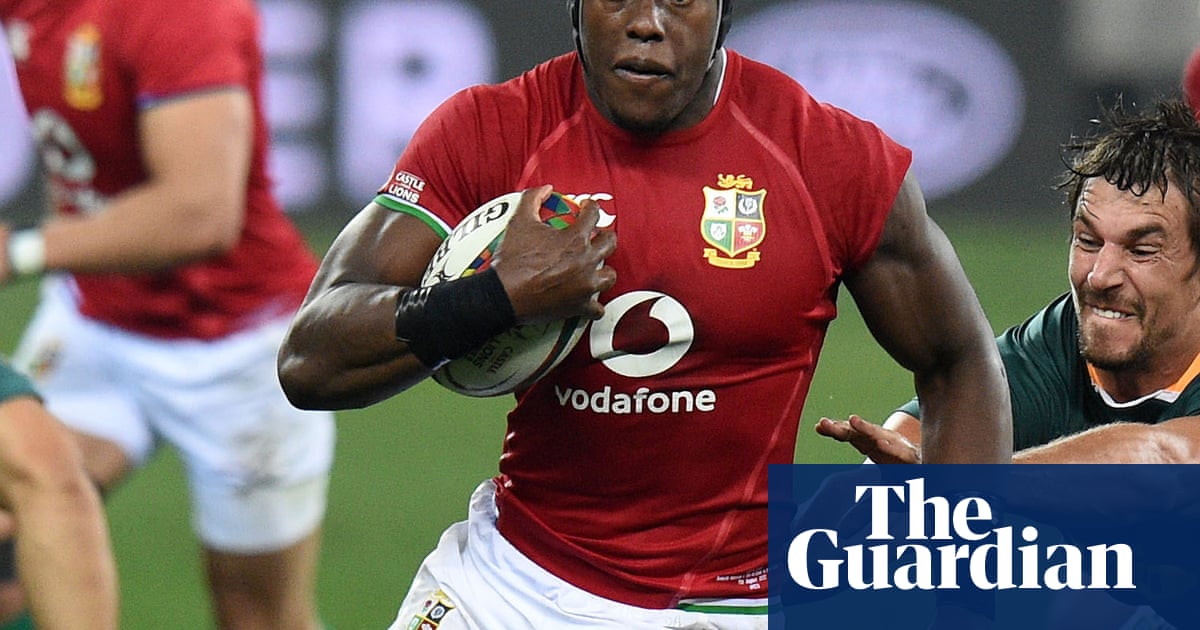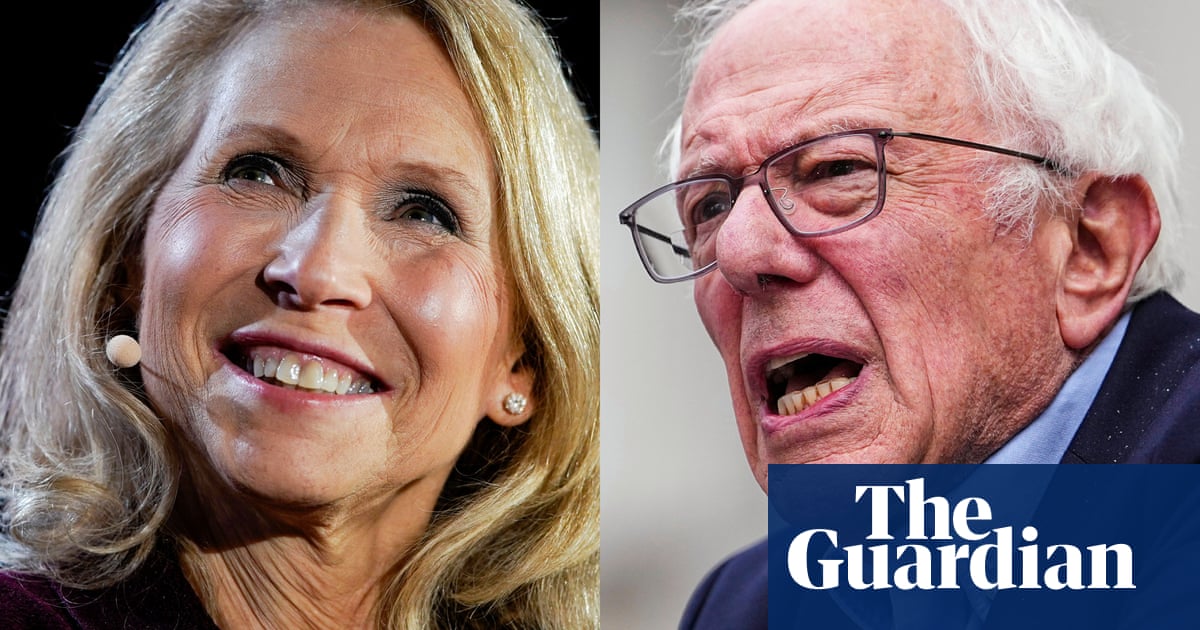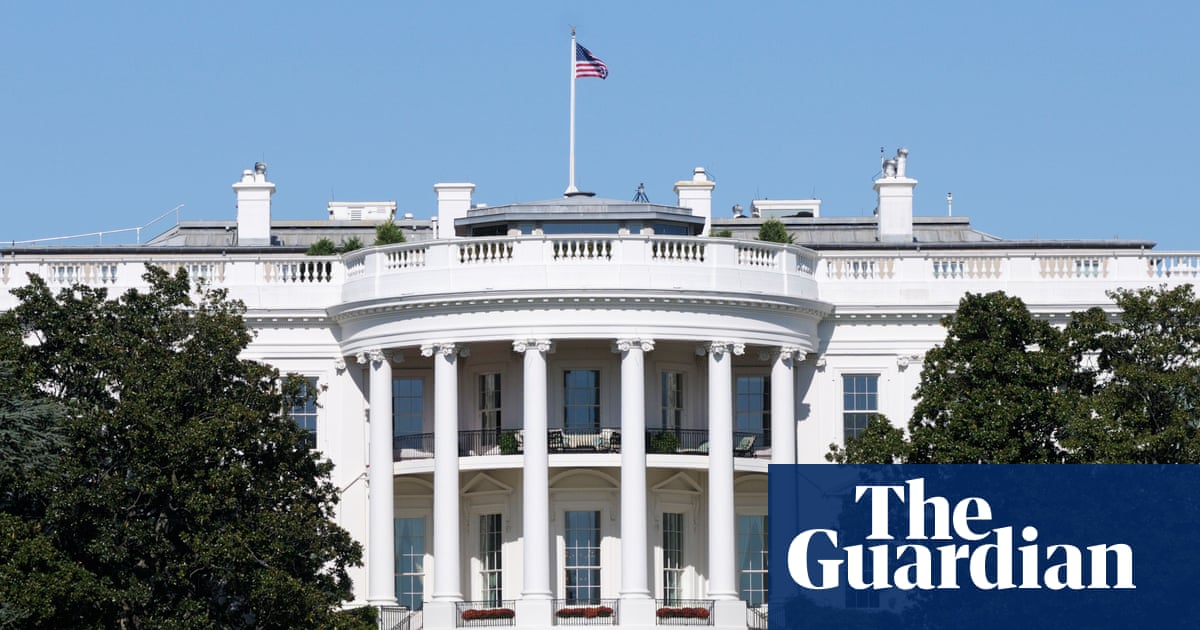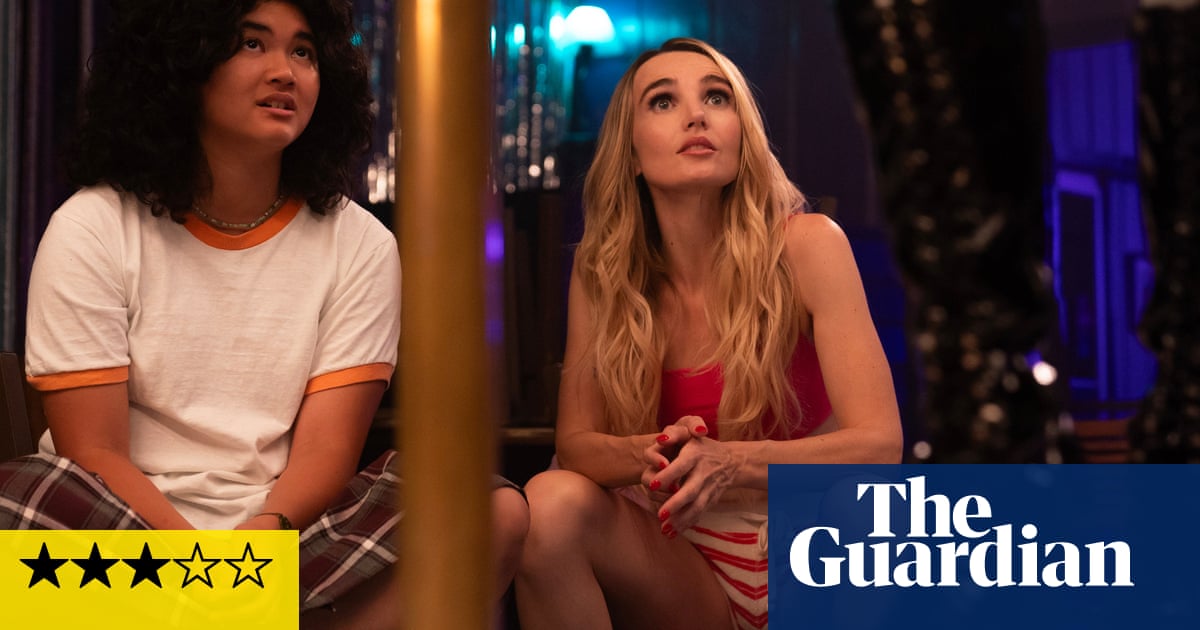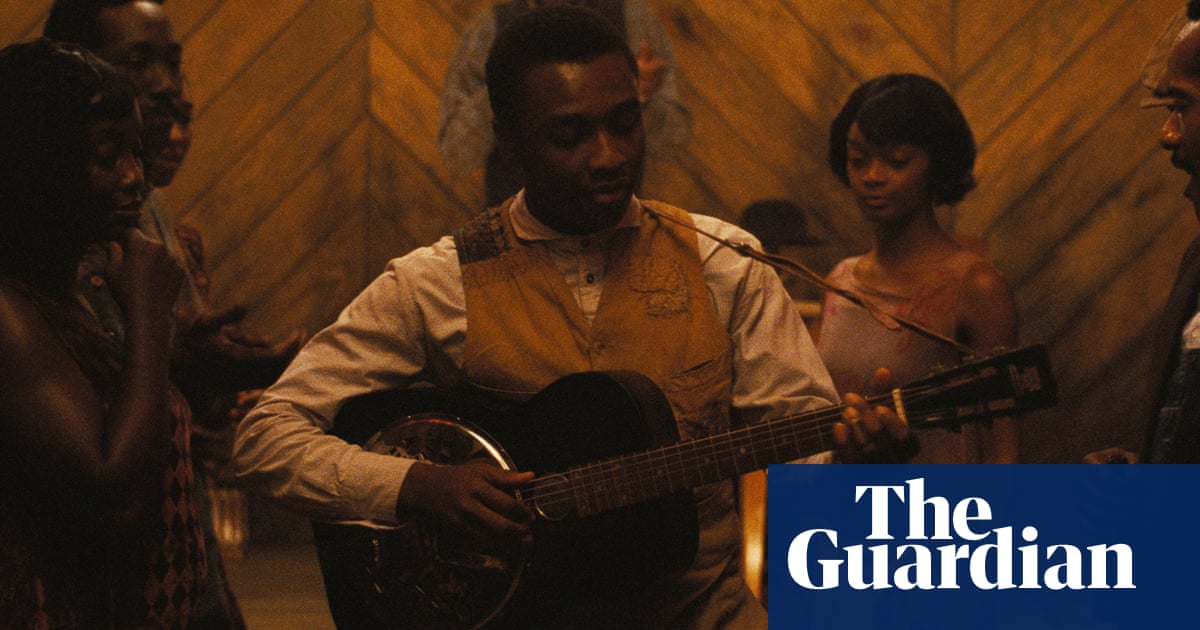
Memoir
The author's finest work
Question 7
Richard Flanagan
Question 7 Richard Flanagan
The author's finest work
The Booker prize winner Richard Flanagan’s 12th book stands alone in its structure and its thread of thought as it bisects his oeuvre between the fictive and the factual. Question 7, which won the Baillie Gifford prize for nonfiction last year - though the author suspended his acceptance of the prize money - is a brilliant meditation on the past of one man and the history that coalesced in his existence.
Question 7 is Flanagan’s finest book. It is a treatise on the immeasurability of life, reminiscent of the Japanese tradition of mono no aware, the psychological and philosophical sweep of Tolstoy, and enmeshed in a personal essay that is tuned as finely as WG Sebald’s Rings of Saturn. In the meditative, circular story structure of memoir and history and auto-fiction, replete with nuance and sound thought, Flanagan doesn’t just present Chekhov’s Question 7 – appearing as a thread, he doesn’t just pull at it but unravels an entire tapestry. He travels to the metaphorical weaver, the shearer, the shepherd, and the hooved animal itself – and reaches into the deepest past where, he is so astute in writing, “there is no memory without shame”.
Tara June Winch

Fiction
Larger than life
All Fours
Miranda July
All Fours Miranda July
Larger than life
Miranda July’s characters often wonder what is real and what’s not. How far can our minds take us – dreaming, fantasising, making art – and when must we return to a shared reality? Recently July has turned these preoccupations to new uses, raising the stakes and developing something like an ethics of the misfit. Her casually magisterial 2020 film Kajllionaire looked outwards to society’s edges. These grifters were all too plausibly products of Trump’s America, even as the imagery tended towards surrealism. An overcommitment to fantasy in parallel with a total shaving off of dreams and tenderness: this became the stuff of survival, and life and death are at stake too in July’s acerbically clever, radically compassionate new novel, All Fours.
Here the 45-year-old narrator asks even more clamorously whether her life is real – which is unsurprising, given she’s apparently the author of July’s oeuvre. To tether herself to the present, she decides to take a road trip from LA to New York. But just outside LA she locks eyes across her windscreen with Davey, a gauche, handsome attendant at a smalltown garage. She squanders thousands of dollars commissioning Davey’s wife Claire to exquisitely redesign the room she takes in an ugly hotel, and there she remains for three weeks, joined every afternoon by Davey himself, with whom she discovers an astonishing mutual but unconsummated passion. He turns out to be foremost an incandescent, preternaturally airborne dancer, and through dancing they find forms of intimacy that finally make life seem real.
By tangling explicitly with reality across mediums she pushes autofiction to new limits, revealing how good this genre is at questioning reality. How can the narrator make her own peculiarities part of a lived life? How can she get real in the face of death if what remains most real is art?
Lara Feigel

Fiction
Surprise moves in love, loss and chess
Intermezzo
Sally Rooney
Intermezzo Sally Rooney
Surprise moves in love, loss and chess


If any few pages of Sally Rooney’s fourth novel blew through the streets on an autumn wind, many a chance reader would be sure who wrote them. They’d recognise the sentences precision-engineered for weight distribution like wide-span bridges. They’d find moment-by-moment emotion, coolly itemised; monosyllabic dialogue occasionally breaking the surface while immense currents of introspection flow beneath; breathtakingly intimate and properly sexy sex, felt from the inside and piously revered as a moral force. Here again, in short order and at great length, are qualities familiar from Conversations with Friends (2017), Normal People (2018) and Beautiful World, Where Are You (2021). Intermezzo is an accomplished continuation of the writing that made Rooney a global phenomenon. It’s also more philosophically ambitious, stylistically varied, disturbing at times and altogether stranger.
Two brothers have just lost their father; we’re in the weeks of disorientation after the funeral. Ivan Koubek is 22, quietly cerebral, excelling as a competitive chess player and acutely aware of finding social interaction difficult. He’s “a complete oddball” according to Peter, but then Peter, a smooth-talking barrister who needs to be right, is getting a lot of things wrong. In steadily alternating chapters that carry on, left, right, while the protagonists lose and find their bearings, Ivan embarks on an ardent relationship that surprises all who know him, and sexually voracious Peter, 10 years older, negotiates his desire for two diametrically different women. Ivan’s neurodiverse experience of the world, slowly and attentively rendered, yields its own forms of eloquence, his uncertain use of language contrasting with Peter’s outward fluency, his silences busy with feeling, his mind and body alive with doubt and perception. As suppressed emotions veer sideways, we find Ivan in astonished rapture, and Peter’s self‑satisfaction running close to nihilistic despair.
It’s intriguing to see Rooney, whose inheritance is more obviously from the celebrated “scrupulous meanness” of Dubliners, involving herself so thoroughly with Ulysses. She remains very much her own writer in this relationship, achieving an effect quite different from Joyce, whose commodious notation of Bloom’s roaming thoughts spins outward across languages, places, incongruous rhymes, his every line proposing games of association. Rooney’s elliptical phrases show us perceptions bent uncomfortably out of shape. And all the while she honours her subjects with intent seriousness rather than with play. Tightening her focus on the immediate, she exerts a centripetal pressure.
My instinct while reading is to throw open a window, look at a painting, anything to allay the claustrophobia induced by being kept so close to people absorbed exclusively by their feelings, right now this moment, for each other. But art does its job when it pulls us beyond our instincts to experience other ways of being. Intermezzo is itself about life as continuous experiment. The novel suggests that Rooney (at Peter’s age, 33) won’t be settling in the shapes she has established, but holding us, with mixed joy and unease, in strenuous irresolution.
Alexandra Harris

Memoir
A story of hatred defeated by love
Knife
Salman Rushdie
Knife Salman Rushdie
A story of hatred defeated by love
A couple of nights before he was almost killed by a stranger with a knife, Salman Rushdie dreamed about being attacked by a Roman gladiator with a spear. He’d had similar dreams ever since Ayatollah Khomeini’s fatwa following publication of The Satanic Verses, back in 1989, imagining “my assassin rising up in some public forum or other and coming for me”. When on the morning of 12 August 2022, in Chautauqua in upstate New York, on stage to talk about (of all things) the importance of keeping writers safe from harm, he saw a figure in black rushing towards him, his first thought was “So it’s you. Here you are”, and his second, more bemused, was “Really? It’s been so long. Why now, after all these years?”
This is “a book I’d much rather not have needed to write,” he says, composed with “one eye and one and a half hands”. But he uses it to “own” what happened. As well as documenting his ordeal, it ranges widely, from thoughts about other writers who were victims of knife crime (Samuel Beckett, Naguib Mahfouz: “What was this, a club?”), to memories of childhood and his abusive, alcoholic father, to reflections on violence and on the deaths and illnesses of friends.
There’s also a chapter in which he conducts four imaginary interviews with his attacker, who has described Rushdie as “disingenuous”. Does every disingenuous person deserve to die, Rushdie asks him. The replies are surly: “You don’t know me, you’ll never know me,” the A says. But we learn about his nocturnal gaming, his angry “Incel” loneliness, and a life-changing trip to Lebanon.
At one point he quotes Martin Amis: “When you publish a book, you either get away with it, or you don’t.” He has more than got away with this one. It’s scary but heartwarming, a story of hatred defeated by love.
Blake Morrison

Fiction
Trials of the wealthy
Long Island Compromise
Taffy Brodesser-Akner
Long Island Compromise Taffy Brodesser-Akner
Trials of the wealthy
“Do you want to hear a story with a terrible ending?” The first line of Long Island Compromise sets the tone: a self-aware narrator commanding our attention. It’s an instant connection, which shouldn’t be a surprise because this is New York Times journalist Taffy Brodesser-Akner, whose intelligent and supremely engaging debut, Fleishman Is in Trouble, was an international hit and became a Disney+ TV series. Second books can be fatal, of course, and clearly Brodesser-Akner has decided to go big with a novel about that curse of contemporary America – serious wealth. Apple TV+ has already bought the rights.
The story kicks off in 1980 with a kidnapping. Super-rich polystyrene foam factory owner Carl Fletcher is swiped from the driveway of his enormous Long Island waterfront home, where his pregnant wife, Ruth, is giving their two sons, Nathan, eight, and “Beamer”, six, bowls of cereal. It is a brilliantly orchestrated opening, 30 pages of calmly narrated shock, chaos and panic – the $250,000 demand, the FBI, the media, the reaction of the wider community, women in avocado- and mustard-coloured kitchens gossiping down phone lines. Pregnant Ruth, sobbing hysterically, ends up dropping the ransom money in an airport bin, accompanied – unfathomably – by little Beamer, the child frozen in terror. Carl is returned battered and traumatised. He’ll never recover. The rest of the novel documents the shattering emotional fallout.
One of the more interesting subplots traces the story the grandfather told of how he managed to escape from Poland to America. Slowly, it emerges the story is based on a lie, a terrible act which somehow defines them all. As an evisceration of extreme wealth, this novel makes a bold and relevant point, and yet, without redemptive qualities – softness, hope, empathy – it can feel relentless. It is fun to condemn, but hard to care.
Lucy Atkins

Politics
A stinging rebuke to former colleagues
Muslims Don’t Matter
Sayeeda Warsi
Muslims Don’t Matter Sayeeda Warsi
A stinging rebuke to former colleagues


Prejudices can always be rationalised: racial segregation is upheld as natural. Complaints about sexism get dismissed as emotional outbursts. Muslims encounter a particular version of this: according to hostile politicians and journalists, anger against them is their own fault. Being frightened of their faith is normal – and “Islamophobia” is just a fancy word, invented to shield extremists from criticism.
Only the most twitchy Muslim-baiter would call Sayeeda Warsi, former Conservative party chair, an extremist. Since resigning from David Cameron’s cabinet in 2014 over its “morally indefensible” policies towards Palestine, she has also campaigned against antisemitism and the persecution of Christians, earning death threats from Islamic State in the process. “It’s time to stop comparing the worst of one community to the best of another,” she writes. She’s actually been arguing that point since her Sternberg lecture in 2011, when she said that disdain for Islam was becoming so routine it passed “the dinner-table test”.
Warsi doesn’t spare her former colleagues. Her account, measured but forceful, claims that Tory ministers systematically marginalised Muslim concerns, undermining human rights that should be universal. Slights and smears were commonplace, she writes, and successive administrations often preferred to engage with pliant puppets, rather than credible community leaders. Zealots like Michael Gove barely acknowledged complaints of bias, treating them as distractions or delusions. Misogyny among Muslims was deplored, but women weren’t offered assistance. Though Suella Braverman and colleagues talked up the involvement of British Pakistanis in paedophile grooming gangs, when it came to Shamima Begum, a British teenager groomed by IS, Sajid Javid removed the most basic legal protection of all: her citizenship.
She hopes Labour will do better, by respecting a cross-party report about anti-Muslim hatred that Rishi Sunak ignored. It defines Islamophobia as a prejudice “rooted in racism”, which “targets expressions of Muslimness or perceived Muslimness”. That’s contentious – if only because so much hostility has come from senior politicians who aren’t white – but Warsi argues powerfully in its support.
She is right to do so. Efforts to differentiate Islamophobia from racism are a quibble rather than a critique. Religion may not be the same as race, but that didn’t stop respondents to a 2022 poll disliking Muslims more than any other social group except Gypsies and Irish Travellers.
The man Theresa May appointed to lead the Home Office in 2018 has always stressed he’s Muslim by birth only. That was irrelevant a year later, however, when her government organised a state banquet in honour of Donald Trump. Capitulating to the US president’s bigotry, Downing Street declined to invite its own home secretary. Stung by the snub, Javid promptly bounced rivals in the contest to succeed May into saying they would support an inquiry into Tory Islamophobia. Warsi generously calls that “a glimpse of the kind of politician he could have been”. Perhaps. But it’s also evidence that you don’t have to be a pious Muslim – or a principled one, for that matter – to be victimised for your presumed beliefs.
Sadakat Kadri

Fiction
Cosmic strangeness
Enlightenment
Sarah Perry
Enlightenment Sarah Perry
Cosmic strangeness
How do you quiet a warring soul? Every one of Sarah Perry’s novels has grappled lavishly with this question. Fate v free will; doubt v certainty; science v God. The metaphysical battleground is Perry’s literary terrain. She cannot seem to escape its gravitational pull, nor the estuarine mud of her home county. And so it seems only fitting that the Essex author’s latest novel, Enlightenment, longlisted for the Booker prize, is a tale of orbits, collisions and other cosmic ellipses: inescapable loops.
We begin in the winter of 1997 in the fictional riverside town of Aldleigh, a version of Chelmsford, where Perry grew up. This was a decisive year for Britain: the year of Tony Blair and the New Labour landslide, the handover of Hong Kong, and Princess Diana’s funeral pageantry. But the only event that interests Perry is celestial: the blazing arrival of the Hale-Bopp comet. Our heroes are a gentleman stargazer, a master embroiderer and a wakeful ghost in a black satin gown.
As the comet streaks towards perihelion, the apex of its loop around the sun, Thomas and Grace find themselves caught up in a century-old mystery: the 1887 disappearance of Maria Văduva, a Romanian comet hunter turned ornery ghost. They will spend the next three decades stumbling across clues – furtive letters, misplaced gravestones, a cryptic diary, a pearl-threaded dress – while Maria’s “black-browed” spirit berates them from the shadows. It’s not the greatest of mystery plots – far too reliant on serendipity – but this is a book about the capriciousness of the stars. I was charmed by the book’s cosmic strangeness, but bothered by its queer cliches. It’s so wearying to confront yet another tale of exquisite, chaste gay loneliness.
When a telescope is used for the first time – tilted up into the dark – what the astronomer sees that night is called “First Light”. It’s as if a new consciousness is born in that moment, a new eye opened. At her best, that’s what Perry has managed to capture in Enlightenment. The joy of first light.
Beejay Silcox

Fiction
Continuation of le Carré
Karla’s Choice
Nick Harkaway
Karla’s Choice Nick Harkaway
Continuation of le Carré
They do it with James Bond, so why not with George Smiley? The estate of Ian Fleming has allowed many new 007 books to be written by luminaries such as William Boyd, Anthony Horowitz and even Jeffery Deaver, to keep the franchise (and, perhaps, its copyrights) alive. So why not try the same with John le Carré’s great anti-Bond, the diffident, corpulent and brilliant spymaster of “the Circus”? At least here the literary pedigree is unimpeachable: the novelist Nick Harkaway is also le Carré’s son.
Harkaway sets his story in a gap between canonical Smileys: after The Spy Who Came in from the Cold (published in 1963) and before the events of Tinker Tailor Soldier Spy (1974). (Smiley appears only in the background of The Looking-Glass War, 1965.) We are in 1963, to be precise, and the events recounted in The Spy Who Came in from the Cold are still fresh in the characters’ memories: they are all grieving for their colleague Alec Leamas, gunned down at the Berlin Wall.
What a treat it turns out to be to wander anew the fusty, crumbling warren of the Circus (not the peculiar open-plan brutalism of the 2011 Tinker Tailor movie). The original gang is all here: Control, with his spectacles that always catch the light just so, in order to make the lenses seem opaque; the fast-talking Hungarian hard man Toby Esterhase; Bill Haydon, the old-school charmer who will shag anything that moves; Jim Prideaux, the soldier-poet scalp-hunter; Peter Guillam, the sorcerer’s apprentice. They all act as aficionados would expect; the stentorian research queen Connie exclaims “It’s a song of sorrows, George”; while Harkaway has a lot of fun in particular with the speech patterns of Esterhase, who almost steals the show: “My God, this fellow. He’s making heavy weather, doesn’t want to play … You think we just bust him right now? Disgraceful conduct from a so-called diplomat, hobnobbing with professional assassins, we are all shocked, tell us everything or it’s persona non grata and no more Harrods.” Later, the reader is almost inclined to cheer when Esterhase explains, after a spot of fisticuffs: “I like to fly the flag for rootless cosmopolitans when I can.”
Le Carré once said that he didn’t write as many Smiley novels as he had planned because it was too hard to get away from Alec Guinness’s definitive portrayal in the classic 1970s TV adaptations. So at least we know we have the master’s blessing. And a drop more of his narrative voice’s caustic decency, expertly continued by Harkaway, would not go amiss in these times. “We don’t do justice, though, do we?” Peter Guillam remarks at one point. “That’s another department.”
Steven Poole

Politics
The devil you know
Autocracy, Inc.
Anne Applebaum
Autocracy, Inc. Anne Applebaum
The devil you know
Until around 2015, I tended to be moderately positive about the world. There were far more democracies than when I started at the BBC in 1966, I would tell myself, and markedly fewer dictatorships. Africa and Latin America, once host to so many military dictatorships, were now mostly run by elected leaders. The terrible threat of nuclear war had receded. A billion people were being lifted out of poverty. Yes, what Vladimir Putin had done in Crimea in 2014 was worrying, and Xi Jinping was starting to make disturbing speeches about Muslims and Uyghurs; but given that I’d seen Soviet communism melt away across eastern Europe and in Russia itself, I still felt there was reason for optimism.
That pretty much ended in 2016. Brexit damaged the European project, and Donald Trump shook the columns of American leadership. Putin’s invasion of Ukraine, based on the completely false assumption that most Ukrainians would welcome the return of Russian domination, and China’s ruthless suppression of political freedom in Hong Kong have darkened the 2020s much as German, Italian and Japanese intervention darkened the 1930s. And the tide of democracy has turned. Elections have so often become shams. Corruption in government has turned into a major global industry. Well-intentioned but indigent governments welcome Chinese cash because no one else will supply it, and pretend not to notice the strings attached – or even welcome them. Populist movements well up in countries that have traditionally been moderate and calm.
Anne Applebaum, as anyone familiar with her writing will know, is well-positioned to catalogue this new age of autocracy. Like her, Autocracy, Inc. is clear-sighted and fearless. I remember disagreeing with her genteelly at editorial meetings in the early 1990s, when she was writing about the danger that Russia’s post-communist implosion would one day present for the west, after Boris Yeltsin left office. She talked even then about the need for Nato to build up its defences against the time when Russia would be resurgent; while I, having spent so much time in the economic devastation of Moscow and St Petersburg, thought the best way for the west to protect itself was by being far more generous and welcoming towards Russia. Events have shown which of us was right, and it wasn’t me.
John Simpson

Fiction
A welcome addition to a standout series
Midnight and Blue
Ian Rankin
Midnight and Blue Ian Rankin
A welcome addition to a standout series


Most “maverick” cops are – existential crises and addiction issues apart – mysteriously immune to the consequences of their actions. Not so John Rebus: Midnight and Blue, the 25th novel to feature bestseller Rankin’s cantankerous protagonist finds him incarcerated in HMP Edinburgh for the attempted murder of his old enemy, Big Ger Cafferty. Despite his vulnerability as a former cop, an acute shortage of accommodation means that he is released from the Separation and Reintegration Unit into the general halls, with the dubious promise of protection from in-house drug baron Darryl Christie. When a fellow inmate is found stabbed to death in his cell, Rebus begins an unofficial inquiry. Meanwhile, his former colleague DI Siobhan Clarke investigates the disappearance of teenager Jasmine Andrews – an apparently unrelated case, until another murder provides a link, and it starts to look as if some of Police Scotland are just as culpable as those they’ve put away. An expertly plotted and very welcome addition to a standout series.
Laura Wilson

Politics
Working to rule
On Leadership
Tony Blair
On Leadership Tony Blair
Working to rule
Tony Blair’s first book since 2010’s A Journey is a fascinating treatise on leadership – though I suspect it will leave some of the cohort it is aimed at wishing he had delved deeper into his own experiences, turning a book of general interest into one of unique insight.
Before I expand, some disclosure. The political enmity between Labour and the SNP is so deep that for me to have expressed the slightest admiration for the former prime minister while I was still in frontline politics would have been nigh-on impossible. It would have sparked outrage among my supporters – just as it would be political suicide for an aspiring Labour politician to say anything positive about me. Indeed, this is one of the problems of our tribal politics that he, rightly, rails against.
However, now that I have stepped back from the frontline I can be more candid. While there is much that I disagree with Blair about – and on Iraq that disagreement is profound – I think history will, and should, judge him much more kindly than contemporary opinion does. Indeed, it is perhaps no accident that one part of the book that seems to come from a deeply personal place concerns the need for a leader to protect his or her legacy: “facts are still facts. But the colour, the interpretation, the framing of motive and impact, these are judgments, and the judges need at least to hear both sides.”
The best bits of the book – and they are genuinely very good – are the passages offering advice on how to cope with the personal burdens of leadership, from dealing with the pressures of social media, to developing a hinterland, avoiding hubris, and knowing when to leave the stage.
There is much to learn from On Leadership, and I am glad Blair has written it. It will fascinate anyone interested in the art of governing, even in the abstract – and represents a good investment of time for anyone in or aspiring to political leadership. Indeed, I wish it had been available to me before I entered high office. Had he poured more of himself and his own experiences into it, though, and challenged his own thinking further, what is a good book might have been a truly great one.
Nicola Sturgeon

History
Indonesia’s fight for freedom
Revolusi
David Van Reybrouck, translated by David Colmer and David McKay
Revolusi David Van Reybrouck, translated by David Colmer and David McKay
Indonesia’s fight for freedom
Indonesia: the world’s largest island nation, 17,000 pieces of land projecting from the waves where Indian and Pacific oceans meet, ranging in scale from the giants of Sumatra, Java and Borneo, to the tiny volcanic outcrops of the Banda Sea. With 280 million people, this is the fourth most populous nation on Earth, after India, China and the US, and the largest Muslim-majority country. It’s also one of the most overlooked, by western eyes at least. What proportion of anglophones could even place Jakarta on a map? Relating the story of this place is, then, a mammoth task, requiring a monumental research effort. This is what the Belgian historian David Van Reybrouck has achieved in his superb history, Revolusi.
To set the scene: the first humans, hunter-gatherers, reached the archipelago 75,000 years ago. A long time later, around 2000BC, a new influx arrived: the so-called Austronesians, pre-history’s greatest seafarers, who would spread across the oceans from Madagascar to Hawaii. Soon, thanks to their strategic location, the Indonesian islands were swept over by civilisations and religions from the north and west. From India came Brahminism and Hinduism; from China, Buddhism and Taoism. But it was Islam, which arrived around the 13th century, that would become the archipelago’s dominant faith.
Europeans knew the “East Indies” through the magical flavours that grew there. Pepper, nutmeg, cardamom, cloves and cinnamon were brought west through Asian trading networks, and fetched incredible sums in Flemish markets. But it took Portuguese navigators centuries to find a route to the Indies themselves, via the Cape of Good Hope. In 1596, the first Dutch expedition reached Java, led by Cornelis de Houtman of Gouda, who returned with a valuable cargo of spices. Six years later, the Netherlands confederation created the Dutch East India Company, the Verenigde Oostindische Compagnie or VOC, and granted it a trading monopoly in the east. Much like the East India Company founded in Britain two years earlier, the VOC would take on the powers of a nation state, arranging treaties, building forts and raising armies. In 1619 the VOC established its headquarters at a sheltered bay on the north coast of Java, naming the settlement Batavia in homage to the ancestral tribe of the Dutch; we now know this place as Jakarta. The company’s only purpose was to make money for its investors. As Van Reybrouck states, “There was no way this could go well.”
At least one politician in The Hague felt disgrace at his government’s treatment of the islands it had lived off for so long. “We are revealed to the world as tyrants and cheats,” the social democrat MP Jacques de Kadt wrote. “That which could have been repaired in 1945 and could have led to the cooperation of two independent states … has been destroyed by provincial politicians of all the Dutch parties. What is left to us is this: realising what we missed and botched. What is left to us is shame at all our narrow-mindedness, incompetence, and conceit.”
Charlie English

Fiction
Reading the signs of crisis
Gliff
Ali Smith
Gliff Ali Smith
Reading the signs of crisis
Ali Smith has never been afraid to take cleverness seriously. It is a distinctly European sensibility, yet its fullest vindication came amid the xenophobic pageantry of Brexit. The Seasonal Quartet was the work of an intellectual first responder, urgently cataloguing the treasures of pluralism as the body politic celebrated its sweaty fiesta of insularity. Not many novelists could have pulled that off.
It’s not as if that crisis has passed; it’s just been subsumed by bigger ones, and Smith hasn’t been standing idly by. Gliff is to be followed in 2025 by Glyph, a sister novel that will further explore “how we make meanings and … are made meaningless”. As ever, Smith delights in sportive wordplay, but those obliquely iterating titles belie a frank clarity of purpose. The world is on fire, Ali Smith is here to tell us, and this emergency calls for some urgent semiotics.
It helps that Smith’s natural mode of discourse, in the best way, resembles the questing and venturesome learning strategies of children. In semiotics, a sign is said to be overdetermined when it must accommodate many meanings. Smith is alert to such abstruse points, as when one character objects to the idea that a passport proves she’s her: “We prove a passport’s it.” But the cleverness she celebrates is innate and ordinary. It is human, in other words, and Gliff is the mark of just such a native genius.
Paraic O’Donnell

Nature
Dwelling in nature
Bothy
Kat Hill
Bothy Kat Hill
Dwelling in nature
Bothies are basic mountain huts for walkers in the Scottish Highlands, Welsh mountains and the English peaks. Usually they are old farm buildings or crofting cottages. Free and unbookable, if you’re lucky they may offer a stove and a composting toilet, but often they comprise just a roof and four walls. As Kat Hill says in this history of the bothy, “to those for whom the call of the outdoors is strong, few things are more appealing than a hut in the wild, removed from the stresses of modern life”.
There are now some 100 bothies, cared for by a charitable organisation, the Mountain Bothies Association. In the last few years, bothies have provided Hill with “a kind of shelter as I navigated the complicated path away from a life that was making me unhappy”. Dissatisfied with her career as an academic historian in London and dealing with the emotional fallout from a toxic relationship, Hill found that bothies “gave me respite from more than the weather”.
They also provided her with a subject, one that allowed her to explore the Anthropocene as an historian. For as well as describing the passionate and friendly community that use bothies, she also considers how we can engage with the love of wild places while not idealising them. Bothies are built in isolated locations, in landscapes shaped by humans over countless generations. Using twelve bothies, Hill expertly explores their history, highlighting how, despite their apparent wildness, issues such as climate change and species decline increasingly impinge on them.
Each bothy provides visitors with a bothy book in which they can record their experiences, sometimes with sketches or poetry. The oldest are archived and they provide Hill with wonderfully touching expressions of people’s feelings about landscapes and bothies, going back decades: “as a historian, I love a document”. In August 1940, Charles Drinkwater stayed at Corrour bothy (“the most famous of bothies”), deep in the Cairngorms. On leave from the army, he wrote in the bothy book, “I’m still hoping to be back here for several days when the war is over.” It’s not known however if he survived to return.
Rich with impressions of nature, this is an ambitious mix of memoir, history and environmental issues. In bothies and their visitors, Hill finds a superbly expressive embodiment of both her concerns about imperilled nature and our relationship with it. She concludes that bothiers have a strong sense of responsibility and care about “place, people and environments”, a feeling that goes beyond the present to include future generations. In their “small acts of dwelling and care”, she finds a hopeful symbol of a more sustainable and less exploitative way of living with nature, as well as a place where she and other visitors can be “lulled to rest by wind or waves or wild sounds of the night”.
PD Smith

 15 hours ago
6
15 hours ago
6




